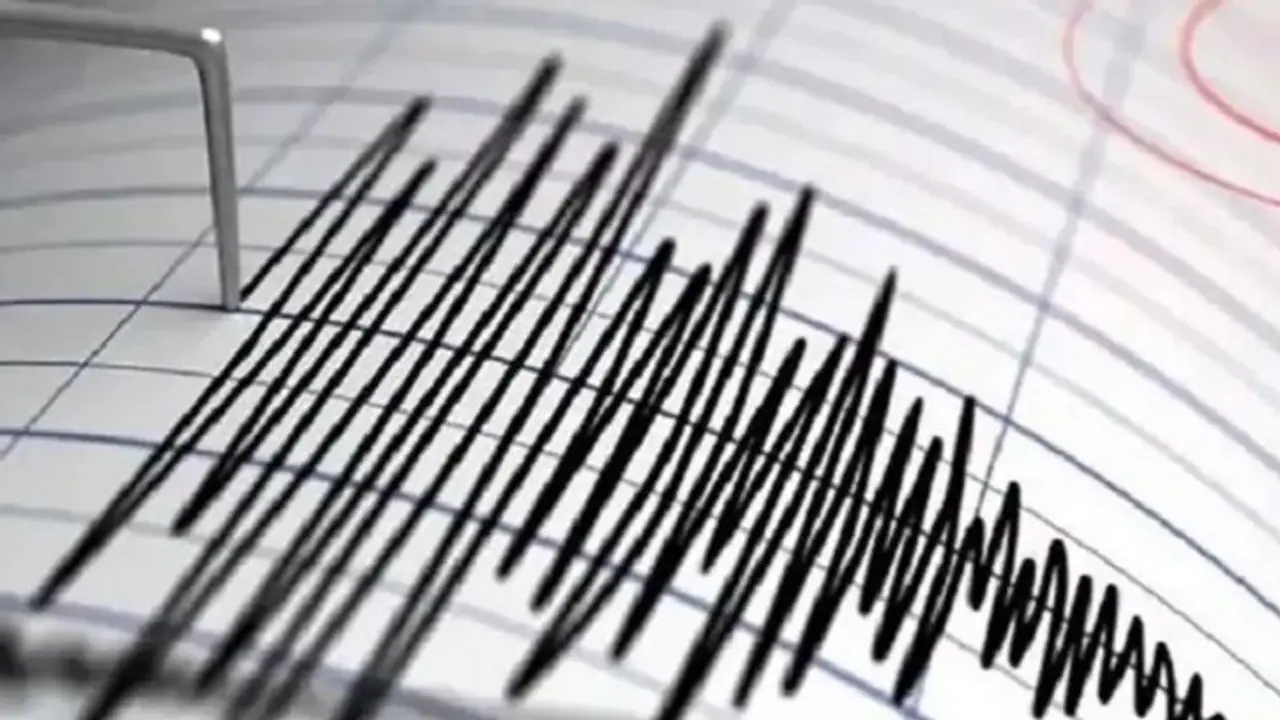Strong tremors were also felt in Gujranwala, Gujrat, Sialkot, Kot Momin, Madh Ranjha, Chakwal, Kohat and in Gilgit-Baltistan areas, local media reported. Television footage showed panic-stricken citizens out on the streets.
At least 11 killed and several injured after an earthquake of 6.8 magnitude shook parts of Pakistan on Tuesday, local media reported. The epicentre of the earthquake was Afghanistan's Hindu Kush region, while its depth was 180 kilometres, according to the Pakistan Meteorological Department.

Earthquake tremors were felt in Lahore, Islamabad, Rawalpindi, Quetta, Peshawar, Kohat, Lakki Marwat, and other areas of the country.
Strong tremors were also felt in Gujranwala, Gujrat, Sialkot, Kot Momin, Madh Ranjha, Chakwal, Kohat and in Gilgit-Baltistan areas, local media reported. Television footage showed panic-stricken citizens out on the streets.
The earthquake killed nine people, including two women, and injured over 160 others as well as causing many buildings to collapse, authorities said, according to a Geo News report.
At the time of the earthquake, a stampede was reported in the markets of Rawalpindi, The Express Tribune newspaper reported. Prime Minister Shahbaz Sharif has asked disaster management officials to remain vigilant to handle any situation, according to state-run Associated Press of Pakistan.
Also read: Explained: Lessons that Chernobyl nuclear disaster is teaching geologists about Earth's history
An emergency was declared in the hospitals of the federal capital on the instructions of Federal Health Minister Abdul Qadir Patel, reports said.
According to the international seismological centre, apart from Pakistan, tremors were also felt in India, Afghanistan, Turkmenistan, Kazakhstan, Tajikistan, Uzbekistan, China and Kyrgyzstan.
Earthquakes are common in Pakistan. A 6.3-magnitude earthquake struck Islamabad in January this year. The deadliest quake hit the country in 2005, which killed more than 74,000 people.
(With inputs from PTI)
